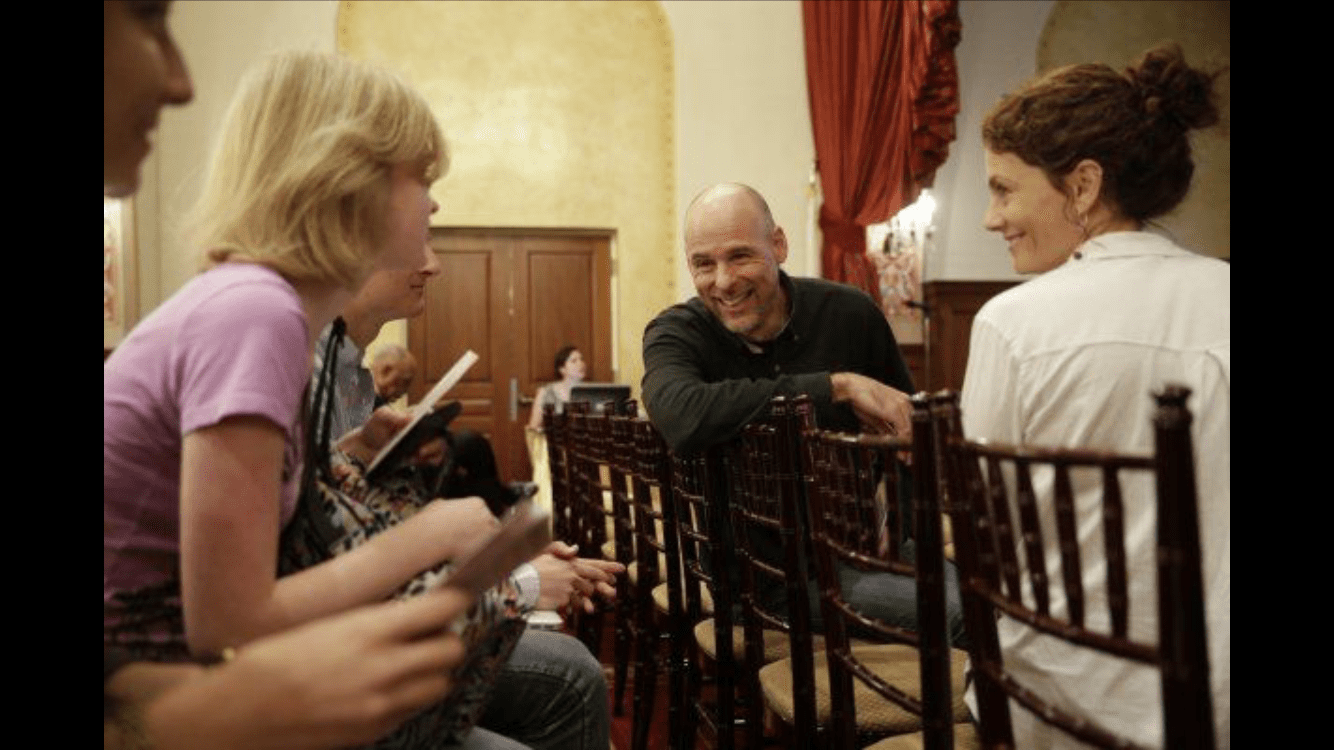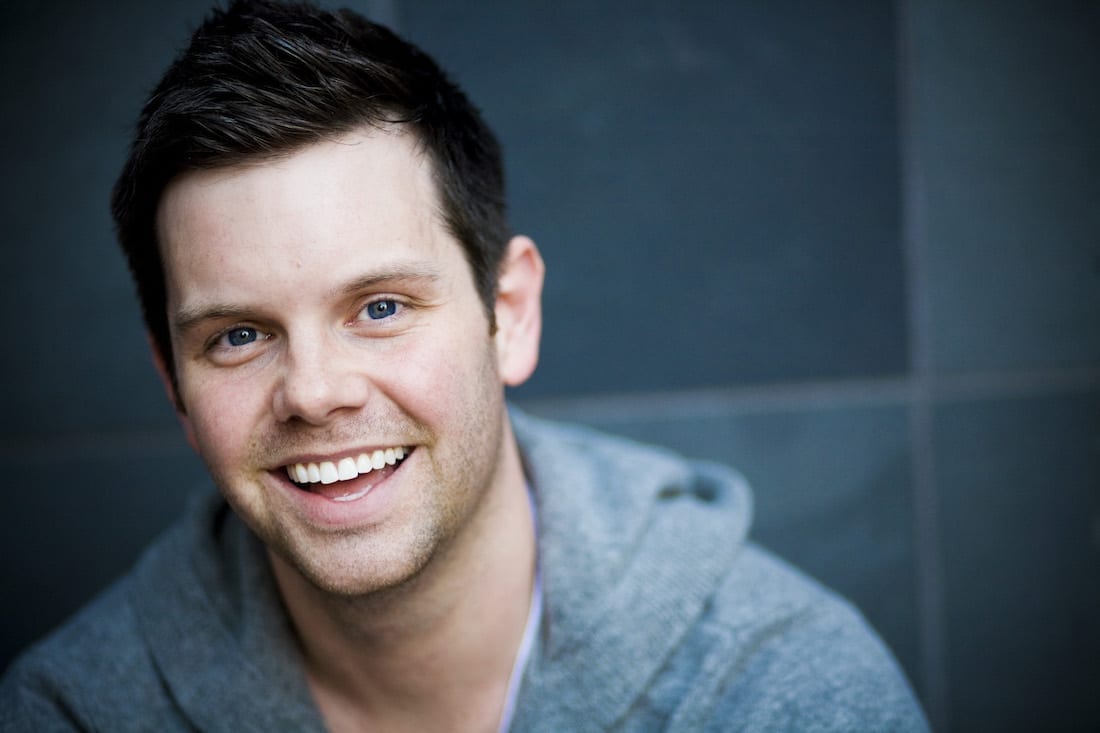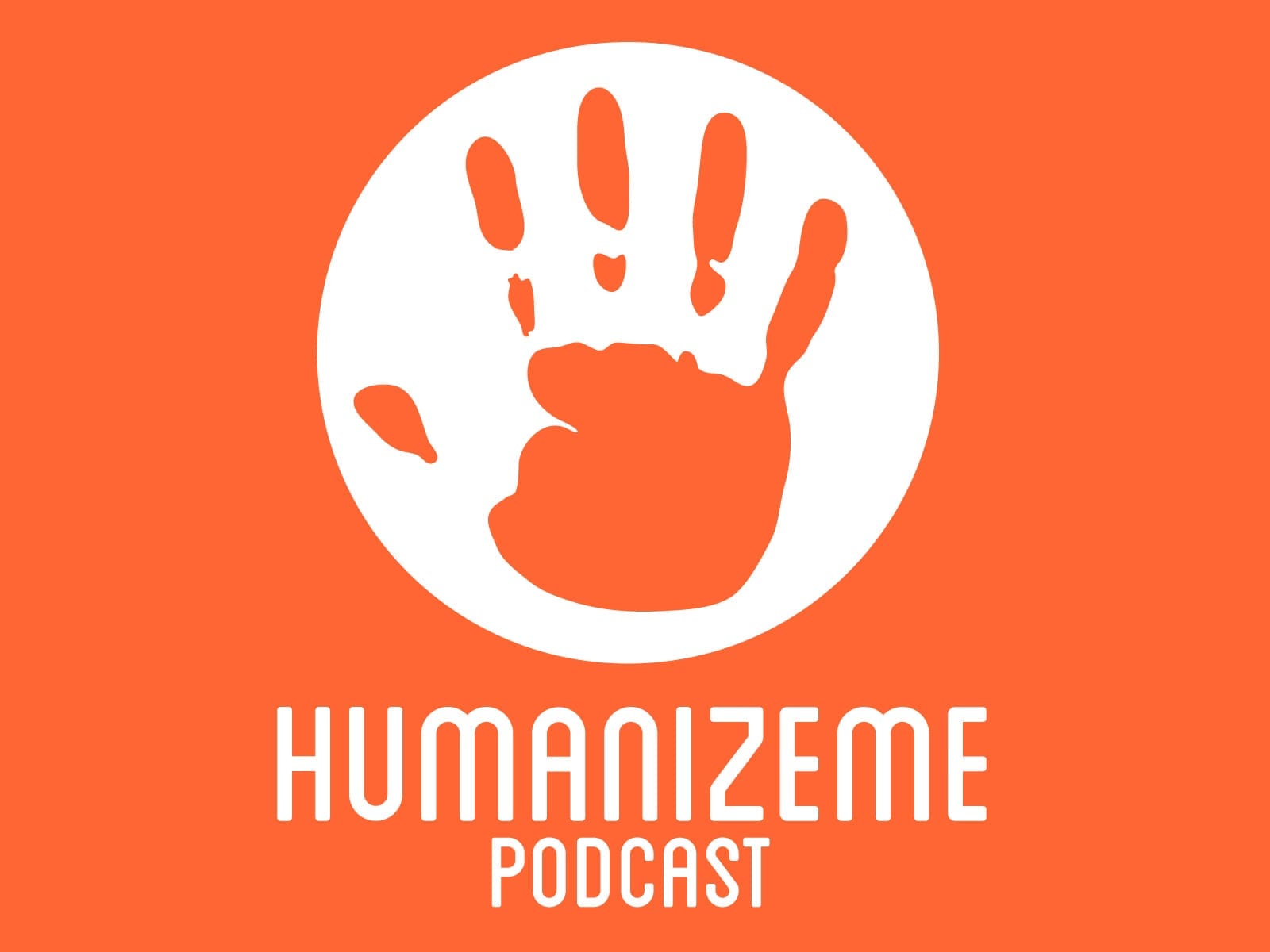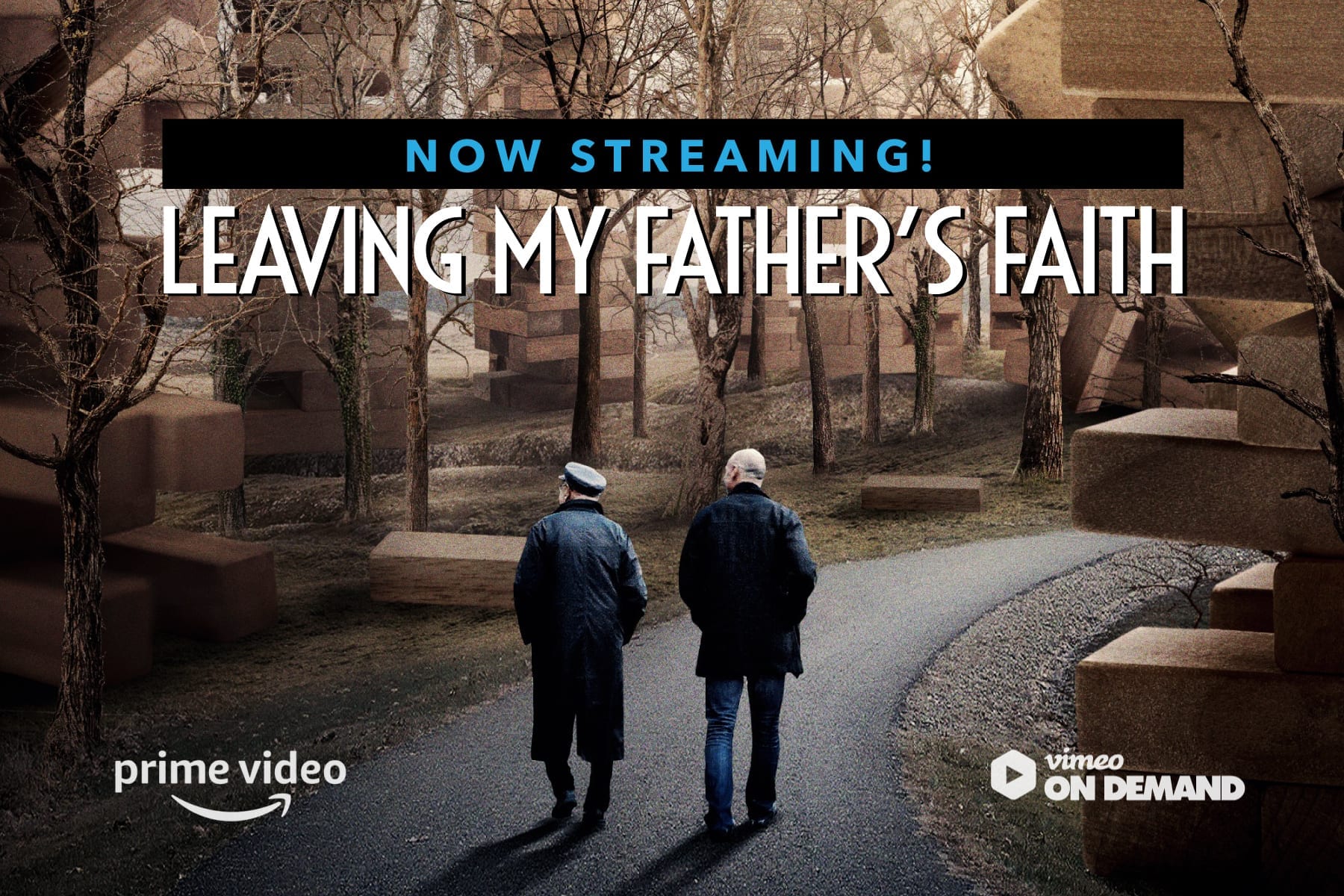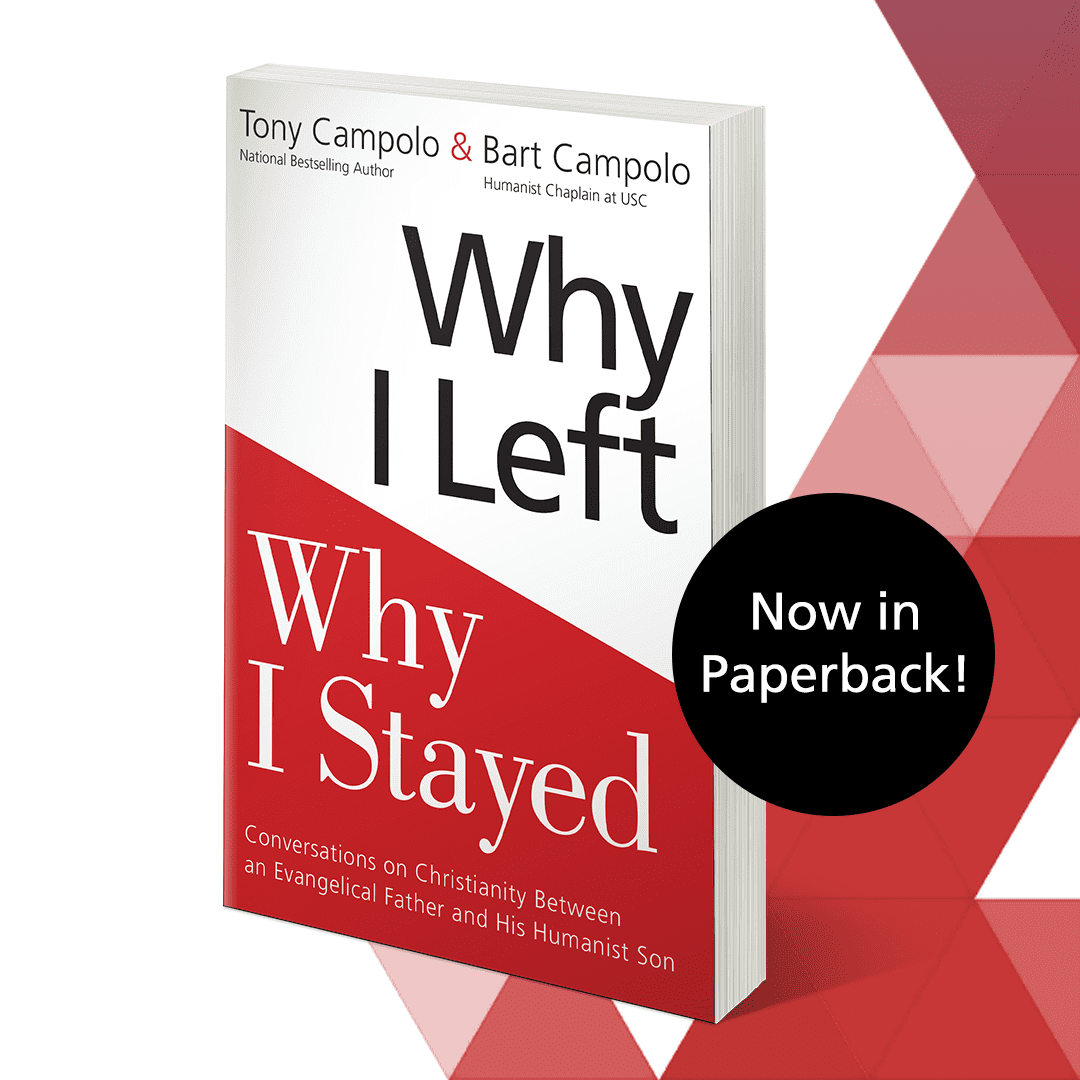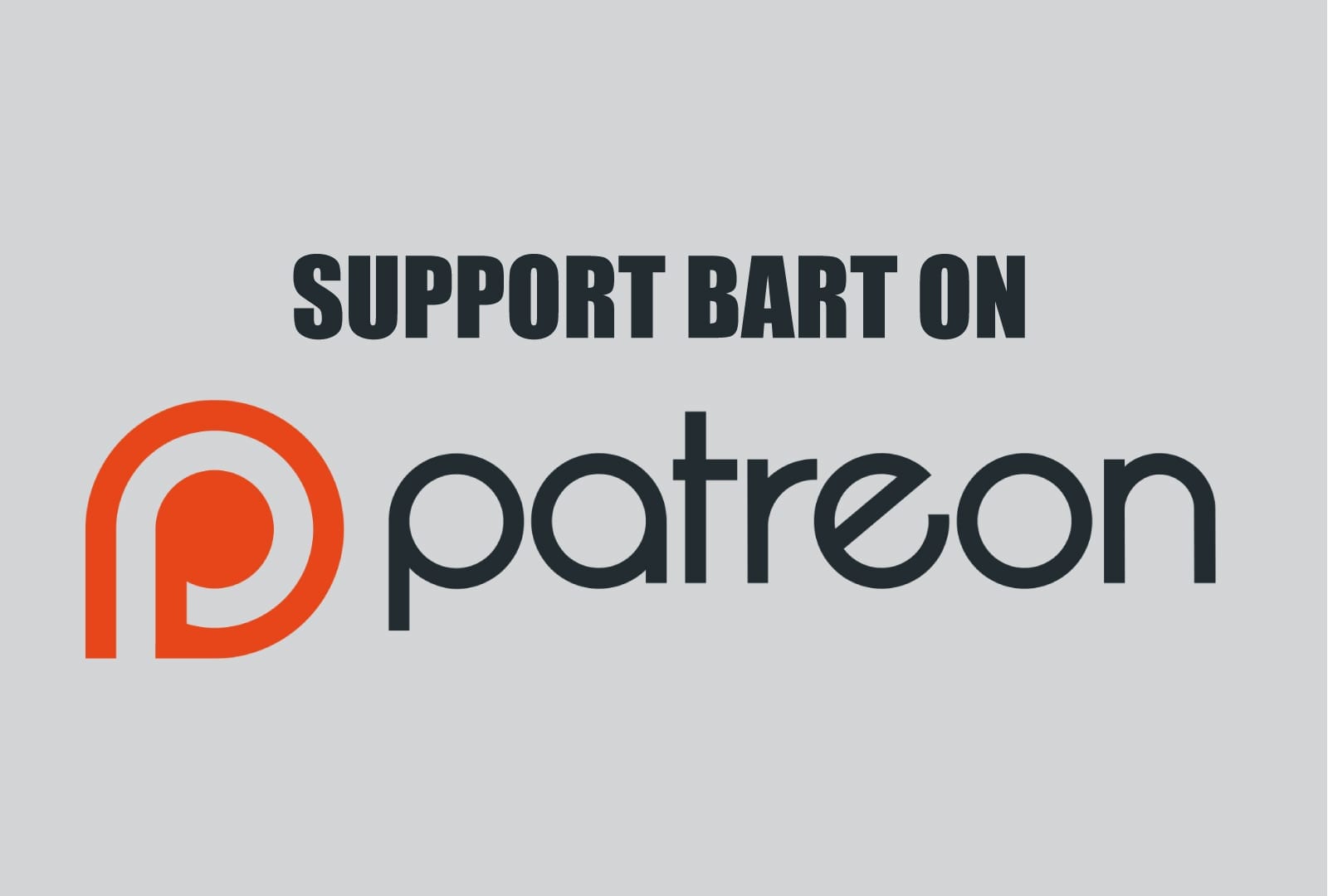Bart’s Blog
The essence of ‘humanism’
Recently it was my privilege to speak to USC’s Secular Student Fellowship. Instead of speaking, however, I asked the group to help me overhaul a document I found on the Yale Humanist Community’s website called What Is Humanism?, which I think almost but not quite captures the essence of many of those students’ spiritual identities, along with my own. They readily agreed, and before long all of us were happily swapping stories, parsing language and losing track of time.
We didn’t end up with a finished product, of course. On the contrary, at some points we nearly despaired at the utter inadequacy of the word humanism, and strongly considered substituting for it with blank spaces until we could come up with something better. We couldn’t find a place for experiences of wonder and transcendence, too, even though we’ve all had them. Nevertheless, by the time we packed it in, I think everyone – including me – felt a little bit surer of who we are and what we’re about.
Here’s our draft. Please, whether or not you’re a secular humanist, tell me how it lands with you and how I can make it more helpful for insiders and outsiders alike. And if you come up a better name for us than ‘secular humanist’, don’t be shy about it. After all, even though almost nobody remembers it now, Google started out as BackRub.
——
Secular humanism can be characterized in two different ways.
In one sense, secular humanism refers to a particular approach to life. The term humanist applies to any person or organization that shares that approach, whether or not they claim the name, in the same way someone afraid of the dark is an achluophobic, even if they’ve never heard of that word.
Secular humanism also refers to a particular historical movement which is comprised of individuals and organizations that openly embrace that identity.
Secular humanism doesn’t have any list of mandatory creeds, dogmas, holy books, or prophets. While all of us value truth, love, and the well-being of sentient beings, there is no single thing that all secular humanists believe to be of supreme importance. However, this doesn’t mean a humanist is anyone who likes the sound of the word. A humanist, by our definition at least, takes a particular side on each of three important debates:
Reasoned Experienced vs Divine Revelation. Humanists reject the use of divine revelation, and instead rely on reason, experience, naturalism, and community deliberation. Humanists don’t think these epistemic methods are perfect in every way, but only that they’re by far the best we’ve got to work with at this point.
Meaning vs Nihilism. Nobody knows where scientific inquiry will ultimately lead us, but humanists believe rational people will always conclude that there is morality and purpose to our lives. The fact that the Universe as a whole may be aimless does not make our individual lives any less meaningful or our compassion, honesty and other virtues any less valuable.
The Absence vs Presence of Gods. Secular humanism is non-theistic. This mean that no God or gods have an active presence in a humanist’s life. A humanist may be an atheist, believing that God doesn’t exist, an agnostic, who neither believes nor disbelieves, or someone who is simply uninterested in the question. Regardless, we secular humanists rely on ourselves and one another to solve our problems, rather than on any kind of supernatural force.
Because we reject supernaturalism, secular humanists are often accused of being a cult of science. “Scientism” is the word critics most commonly use to suggest that we share a blind faith in the conclusions of the scientific community. In fact, secular humanism is an approach to life, not a fixed understanding of the Universe. If we humanists have any dogma, it is only that each individual should make their own decisions about life’s most important questions, based on reason, experience, and honest critical thinking, keeping in mind that because our base of evidence keeps changing as new data becomes available, so too must our beliefs.
Nevertheless, gathering and discussing new and relevant information has been and will remain a community process, because no individual has time and energy enough to carefully study each and every important question. So then, we secular humanists must depend on each other as we research those questions and continue to craft our own best answers to them.
National exposure and – just to clarify!
After I talked with John Rogers of the Associated Press a few weeks ago, I wasn’t sure how clearly I’d communicated my commitment to secular goodness as a way of life, not just a way of thinking. After reading his article about me in today’s New York Times, Washington Post and and a bunch of other newspapers, I guess I did okay.
As much as I appreciated the way John described what I’m doing at USC, however, I want to correct his suggestion that I’d “never been that much of a believer anyway”. In fact, like most of my post-Christian friends, I was a genuine person of faith for many years before I slowly lost my supernatural credulity. During that time, when I talked about sensing God’s presence or receiving divine guidance, I wasn’t pretending. I’d certainly explain such transcendent experiences differently today, but I’d never say they don’t happen or question the sincerity of believers who attach them to their supernatural narratives.
Don’t get me wrong; I’m thrilled by all this positive national exposure. I just want to make sure all those folks who heard me preach Jesus know I wasn’t lying to them.
Kids need… what?
Hey Bart,
I am enjoying keeping up with your podcast and blog, etc.
I wonder if I might pick your brain a little? At this point I am probably described best as an universalist/humanist with a base in Christianity. Our family quit attending church a couple of years ago. I LOVE not going to church on Sundays. I feel peace and no pressure. The thought of going back to almost any church for any reason makes me squeemish, but…
We have 3 kids (12, 8 and 8). Overall they have been fine with our not going to church. My daughter mentions going once in a while, but honestly she mostly wants to do crafts and sing. However, both sets of grandparents are here in town and VERY regular church attenders, and lately they’ve invited the kids to go with them to attend Sunday school at the conservative church we used to attend.
I don’t want to be one of those families that has their kids taken to church by someone else. My husband wonders if our kids have a need we are not filling. He wonders if we should find a more progressive church to visit with them, but we are in a small southern Bible belt town with very few options. Honestly, I don’t want to go anywhere at all, but I worry that I am not letting my kids experience something important.
What do you think?
Mary
Dear Mary,
As much as I cherish the values I learned in church, it took me a long time to overcome the dark side of faith… including a fear of hell and other punishments, a sense of essential unworthiness because of original sin, and guilt for not being able to believe stuff that was frankly unbelievable. I know church folks mean well, but laying all that stuff on a little one feels kind of abusive to me now.
That said, kids love Sunday School and VBS and all of that because they love having adults really talk to them about how to be good and how to live well and how to handle fear and uncertainty. That and the games and the crafts and the songs. Methinks that may be reason enough for you guys to start some kind of cooperative Sunday morning kids club, where you and some friends bring your families together to communicate your deepest values to your kids in that same hokey way.
Hope, peace, joy, innocence, delight, forgiveness, caring, love, respect, wisdom, honor, creativity, tranquility, beauty, imagination, humor, awe, truth, purity, justice, courage, fun, compassion, skillfulness, wonder, trustworthiness, kindness… those are the kinds of values that kids need to interact around with their parents and neighbors their parents trust.
Warmly,
Bart
A talk on secular community building
As an evangelical Christian platform speaker, I regularly spoke to huge, boisterous crowds at music festivals and youth conventions, with all kinds of high-tech lights and cameras capturing my every word from multiple angles. Those days are long gone, of course. I’m still out there trying to motivate people to make the most of their lives by pursuing loving relationships and social justice, but there isn’t yet a big market for us secular gospel preachers.
Here’s the funny thing: None of my big-time Christian sermons ever generated as much positive feedback as this little talk about community-building to a handful of young people I gave at last year’s Secular Student Alliance conference in Columbus. It only lasted 19 minutes and the video of it is decidedly low-tech, but I keep hearing from people who say it’s really making a difference.
Obviously I think the ideas here are worthwhile, but I’m pretty sure that what people are really responding to is the evangelical way I share them. If so, well … that’s fine by me. The fact that we human beings naturally thrive when we come together around shared values and reach out to invite other people into a better way of life is good news, after all. And the fact that that fact actually is a fact – scientifically verifiable and requiring no supernatural faith – only makes that good news better. So then, let’s spread it around.
A bigger issue than cyber-terrorism
Maybe it’s because I live near Hollywood, but most of the conversations I’ve had about the Sony hack and The Interview have focused on issues of free speech and cyber-terrorism. Everyone from President Obama on down seems intent on protecting those of us in the Free World from the monomaniacal destruction of Kim Jong Un, and justifiably so. The prospects of a genuine cyber-war are genuinely terrifying.
More and more, however, I find myself wondering why those of us in the Free World seem so blasé about protecting our fellow human beings in North Korea from the monomaniacal destruction of Kim Jong Un. I mean, we know that millions of people are being held there, suffering under terrible conditions of psychological and physical duress, by a dictatorship which does not respect their most basic human rights. We know that now in much the same way we once knew that millions of South Africans were suffering under apartheid a few decades ago.
Certainly these are very different situations, and I do not mean to suggest otherwise. All I am saying is that, both as individuals and as citizens of our respective countries, we once again stand outside a very different country, increasingly aware of the suffering inflicted by its oppressive, undemocratic government, with an obligation to at the very least simply consider what, if anything, we ought to do about it.
Besides protecting ourselves, of course, and going to the movies.
Thanks for your fairness, Jonathan Merritt!
I met Jonathan Merritt a few years ago, while I was working with the Telos Group on the Israeli-Palestinian conflict, and was impressed by both his intellect and his compassion. Later we talked about my emerging humanist identity, and agreed that he might write about it once I figured out exactly what I was doing.
So then, as soon as I realized my story was already out there (courtesy of Ed Stetzer), I asked Jonathan to consider a quick profile, which would at least let me get a word in edgewise. A few days later he published this article which really put me on the map as the Humanist Chaplain at USC.


